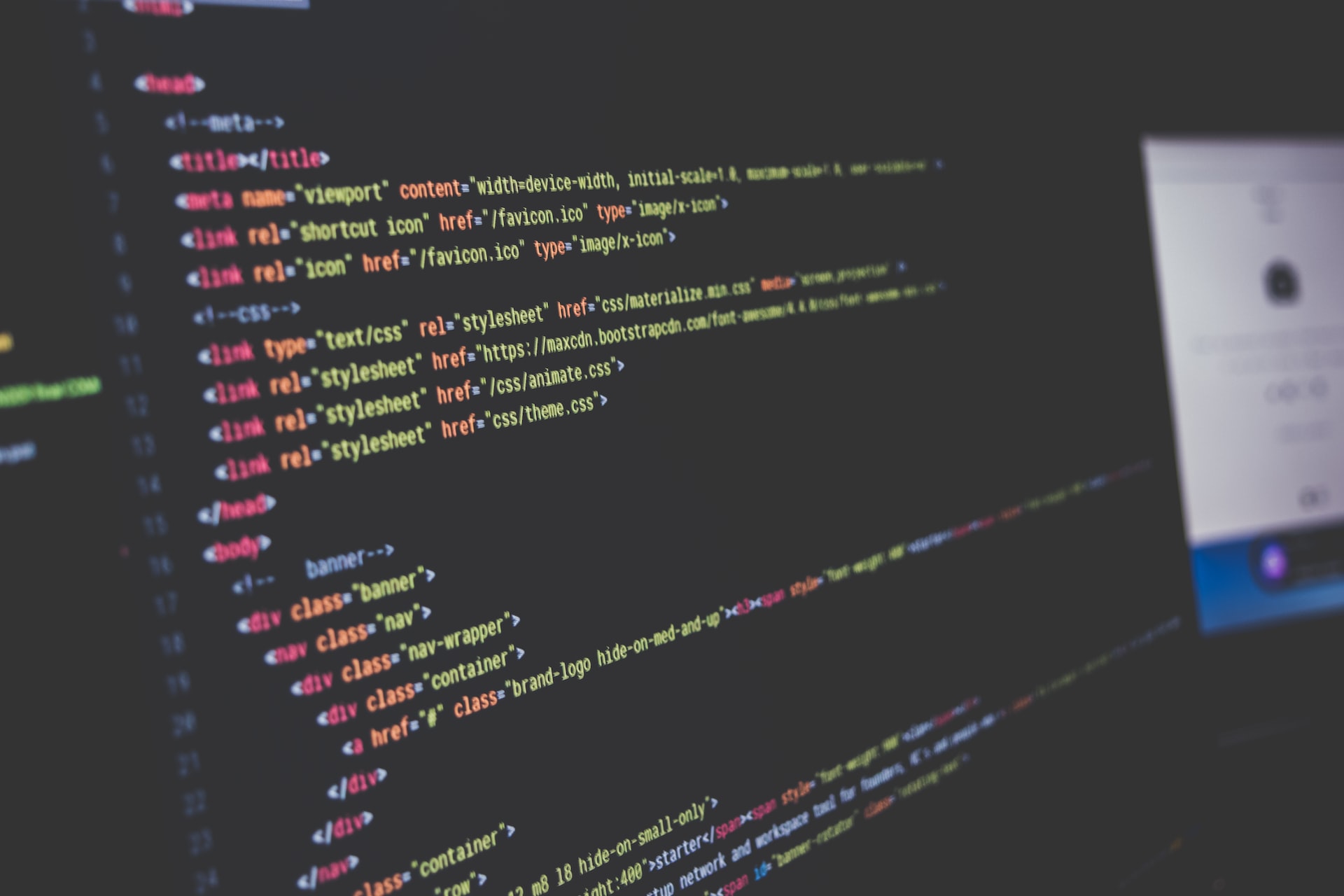How No-Code Technology Enables Data Protection
The world is getting increasingly crowded by the day, and if you’re not careful about the information you transmit, it can be easy for others to use that data against you. No-code technology solves this problem by enabling users to protect their data without any coding or software.
No-code networks are built on top of existing networks, and they don’t require users to install any additional hardware or software. This makes them a great option for anyone who wants to protect their information but doesn’t want to spend money on new technology.
If you are still new to this technology and don’t know what is no code platform for data protection, here are some ways no-code technology can maintain your data and protect it using different protocols.
1. It protects data by preventing unauthorized access to sensitive information
No code technology protects data by preventing unauthorized access to sensitive information.
Anytime you use a computer, there are risks of data loss and theft.
If someone gets access to your files, they can steal your personal information or even cause damage to the system. Data theft can occur in many different ways: through hacking, through human error, or through natural disasters like fires or floods. To prevent this from happening, companies use no code technology.
No code technology is a type of encryption software that allows users to protect their data from being accessed by unauthorized parties.
It does this by encrypting files before they are sent out over the internet, ensuring that only those people with the correct decryption key can get access to them.
This prevents unauthorized parties from seeing sensitive information like credit card numbers or bank account numbers that could be used for identity theft purposes if they were intercepted during transmission over the internet by another person who might want them for their own personal gain (such as thieves).
2. Removing the need for passwords and other authentication measures
No-code technology allows you to protect your data with just a few clicks.
With no-code technology, you can protect your data by removing the need for passwords and other authentication measures. The key is that your data is locked away in a place where only you have access to it.
It is so easy to use that you can manage everything from your desk or from anywhere with an internet connection.
It’s also secure, which means that even if someone steals your smartphone or laptop, they won’t be able to access the information stored on it unless they know how to crack the encryption code.
One of the main benefits of no-code technology is that it makes sure that nobody else has access to your data except for you. You can even set up advanced security features so only certain people or groups of people will be able to get at those files or folders on their own devices (like kids whose parents give them permission).
3. Restricting access only to authorized users
No-code technology uses a hardware and software solution that prevents unauthorized users from accessing your data by preventing them from entering information into the system.
The system can be set up so that only authorized users can enter information into it. The system also prevents unauthorized users from viewing or modifying any parts of your data.
No code technology can be used in a variety of applications, including:
- Cloud storage
- Mobile apps
- Database systems
The goal of no-code technology is to protect your data so that it cannot be accessed by anyone who doesn’t have permission to do so. No-code technology can also be used to prevent anyone from removing or altering any parts of your data, which helps prevent fraud and identity theft.
4. Enabling remote control of a device, even when it’s not connected to the Internet
No-code technology protects data by enabling remote control of a device, even when it’s not connected to the Internet. No-code technology can be used in a variety of ways, including:
- Disabling an app or software so that it will only run when your device is connected
- Enabling you to use your mobile device in places where you may not have access to Wi-Fi or cellular signals
- Protecting your data from being accessed by others
No-code technology has many uses, but one of its most important is to protect data from being stolen or shared with other people.
The process also protects against man-in-the-middle attacks, where an attacker intercepts communications between two parties and impersonates one or both of them in order to access sensitive information.
5. No-code technology protects data because it is not limited by the size of a hard drive
No-code technology protects data by no code technology protects data because it is not limited by the size of a hard drive.
It ensures that your data is protected in real-time by encrypting it before it is stored on a hard drive. This means that even if you delete files accidentally or accidentally delete important files, they will still be protected.
This also offers an added layer of security by encrypting your data with a unique key, which means that if someone were to get access to your computer, they would still be unable to access your valuable information without knowing this key first.
Conclusion
Protecting your data is a huge deal, especially when it comes to sensitive information like financial records or medical records. But what if you don’t have the time or resources to hire an expert? That’s where no-code technology comes in. No-code technology is a way to protect your data by embedding security features directly into your application code.
It also allows you to protect yourself from hacks by adding encryption and authentication features directly into your application code, meaning that even if someone gets access to your source code, they won’t be able to access any of the sensitive information that’s stored there.

